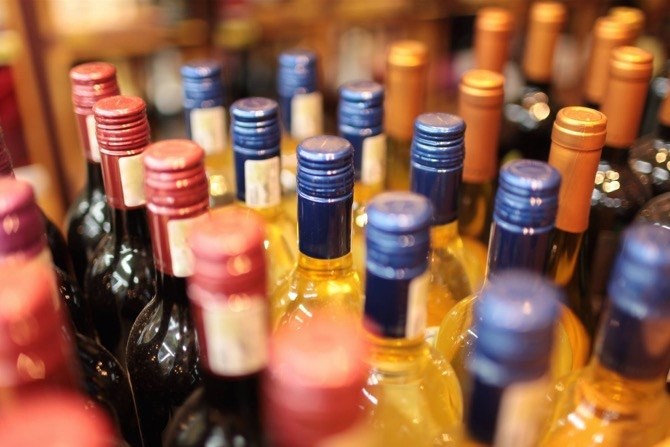
Image Credit: Shutterstock
August 05, 2016 - 6:30 PM
OKANAGAN - Examining the DNA of the world’s top wines while stopping them from spoiling? How could that be a bad thing?
For a recent study, UBC Okanagan researchers Dan Durall and Ben Tantikachornkiat developed a technique that combines a process to identify the full spectrum of DNA in yeast and bacteria samples with a technique that distinguishes between live and dead micro-organisms.
The study provided some of the tools necessary to determine why different types of wine taste and smell as they do, Durall said in a media release. The findings could also lead to the identification and elimination of micro-organisms that are responsible for spoilage.
Key in development of the technique was the use of a light sensitive dye which binds to dead DNA and prevents it from being detected.
Tantikachornkiat said the technique allows researchers to quickly and accurately combine experiments and avoid months of trial and error, which will make research in the area cheaper and more efficient.
To contact a reporter for this story, email John McDonald or call 250-808-0143 or email the editor. You can also submit photos, videos or news tips to the newsroom and be entered to win a monthly prize draw.
We welcome your comments and opinions on our stories but play nice. We won't censor or delete comments unless they contain off-topic statements or links, unnecessary vulgarity, false facts, spam or obviously fake profiles. If you have any concerns about what you see in comments, email the editor in the link above.
News from © iNFOnews, 2016